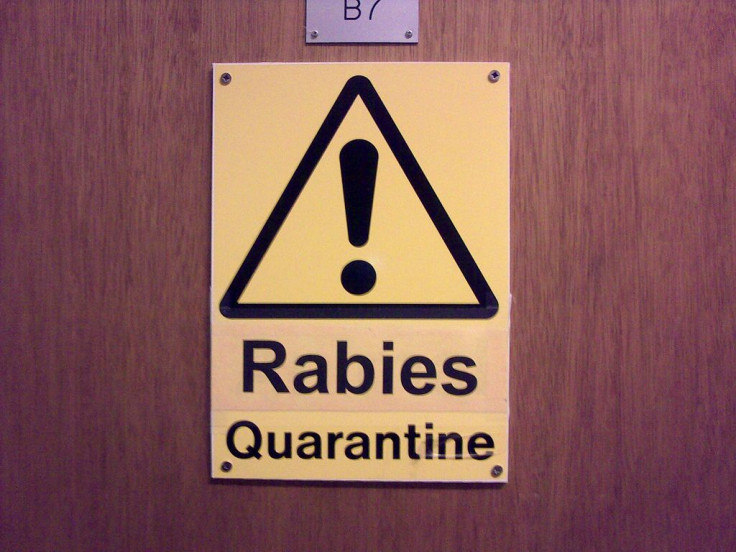Rabies-Infected Organ Donor, William Small, Leaves 1 Recipient Dead; Doctors Say Universal Donor Rabies Screening Is ‘Impractical’

A case report published in the Journal of The American Medical Association (JAMA) encourages doctors to consider rabies screening in potential organ donors who exhibit unexplained symptoms of the condition. The report comes after U.S. Air Force recruit William Small's rabies-infected organs were donated to four recipients, killing one of them.
In March, the Centers for Disease Control and Prevention (CDC) confirmed that a patient who died from rabies in Maryland contracted the condition from an organ transplant.
"In early March, the Maryland Department of Health and Mental Hygiene initiated an investigation after the organ recipient died, which led to the rabies diagnosis," said the CDC. "The investigation revealed that the organ recipient had no reported animal exposures, the usual source of rabies transmission to humans, and identified the possibility of transplant-related transmission of rabies, which is extremely rare."
All three of the donor's other recipients were given rabies shots following the discovery of rabies infection in the deceased organ recipient, just as a preventative measure.
"Despite the immunosuppressed state of all four organ recipients, the affected patient remained asymptomatic for 18 months after transplantation, and the three other patients did not develop rabies," wrote Dr. Daniel Kaul, M.D. "Raising awareness of the risk of using donors with undiagnosed CNS infection is the best way to reduce the occurrence of these transmissions."
The JAMA report published Tuesday does not suggest that doctors do universal rabies screening for potential organ donors. Instead, it says that doctors may want to test for rabies infections in patients who exhibit symptoms of rabies before their death.
For instance, William Small was admitted to the hospital with rabies symptoms including seizures, tingling limbs, inability to swallow, and an altered mind state, according to the Los Angeles Times. Though doctors believed he had food poisoning, all of his symptoms were consistent with rabies. A rabies virus antigen was detected after an autopsy of the donor. The rabies variant that Small died from was almost identical to the one of the deceased kidney recipient. But since doctors failed to screen Small before sending his organs to recipients, rabies was transmitted in an incident that could have been averted.
"Currently, the rarity of rabies and time required to transfer samples and perform adequate laboratory diagnostics for rabies makes universal screening of all organ donors impractical," authors of the case report wrote. "Although recognition of rabies is challenging and solid organ transplant transmission of infectious encephalitis is rare, further education to increase awareness is needed."



























